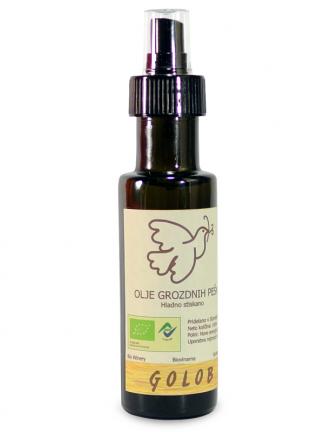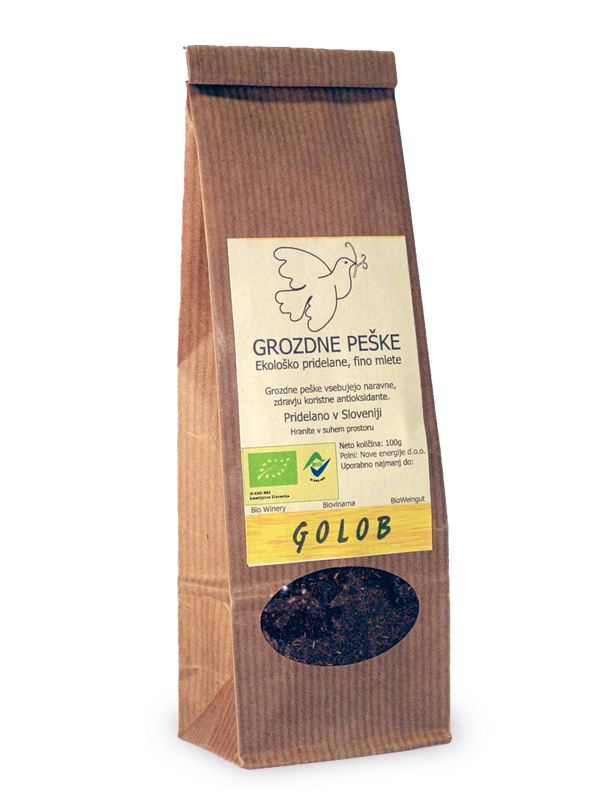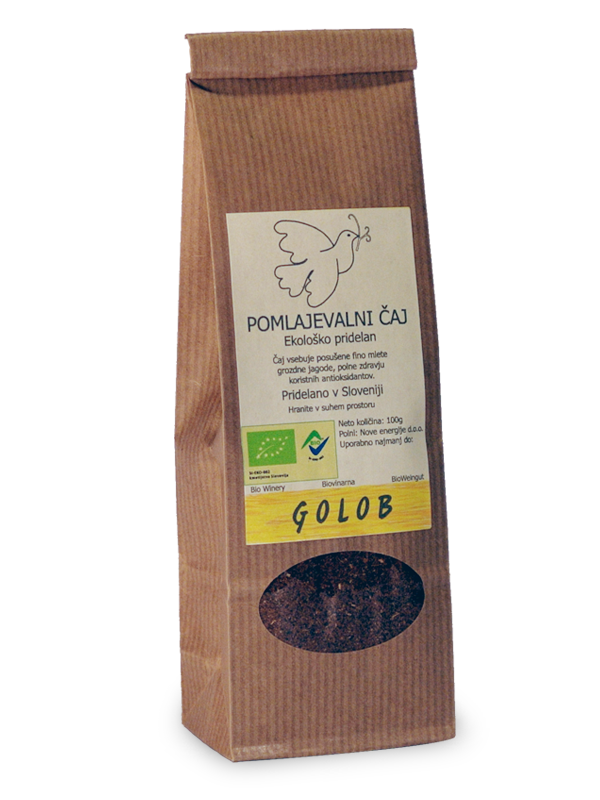 Last Updated on
Last Updated on While bacteria might appear to be very simple when viewed from a strictly biological perspective, they are able to form intricate associations with more complex organisms. One such association is referred to as parasitism, a type of symbiotic relationship in which the bacteria benefit at the cost of the host organism. Bacteria that play the role of parasites are called pathogens and they are a major cause of disease and death in the human population. Some of the diseases caused by pathogenic bacteria include syphilis, pneumonia, cholera, meningitis, gonorrhea, heart infections, kidney disease, skin infections and foodborne illnesses, among many other ailments. Despite the health risks posed by these imperceptible microbes, research has shown that a big bunch of tasty grapes can go a long way towards stopping them.
Grape skins and grape seeds contain an abundance of phenolic compounds (such as catechins, epicatechins, oligomeric proanthocyanidins, ellagic acid, resveratrol, etc.) which have been instrumental in mankind’s current fight against disease. In the case of Helicobacter pylori, a bacterium that has been linked with chronic gastritis, gastric ulcers and stomach cancer, it has been discovered that regular consumption of wine and grape seed extract (in proper doses) is able to disrupt the activity of the pathogen. The polyphenols ellagic acid and resveratrol have been reported to inhibit H. pylori strains and restrict its activity. How is this possible? Scientists believe that these partially hydrophobic phenolic compounds are able to interact with the bacterial cell wall and lipopolysaccharide interfaces effectively by decreasing membrane stability. Studies conducted on the effect of muscadine grape seed extract on H. pylori suggest that the microbe’s metabolic pathways are severely disrupted and the bacterial cells are damaged on multiple levels – for example, in the inhibition of basic energy production. Though over 80% of all individuals who are infected with H. pylori are asymptomatic (that is, they show no signs or symptoms of the infection), over 50% of the world’s population currently carry the bacterium in their upper gastrointestinal tract.
One common way that we contract bacterial infections is by means of the food we eat. While the retention of nutrition is important when preparing, processing and preserving foods, the issue of food safety is also extremely vital. Some individuals have voiced their concern at the potential health risks of regularly consuming the artificial preservatives usually found in highly processed foods. As such, there is an increasing demand for the use of naturally derived preservatives in the food industry. To this end, scientists have been investigating whether or not the phenolics in grape seed extract are able to aid in the inactivation of the microorganisms and enzymes present in food. One experiment tested the extract against strains of E. coli (Escherichia coli – some serotypes of which can cause serious food poisoning) and B. linens (Brevibacterium linens – a bacterium that is usually found on fermenting cheese). The researchers concluded that, in the right conditions, the catechins and other phenolic compounds present in grape seed extract are very effective as antibacterial agents against each type of bacteria that was tested.
It is true that the fight against bacterial disease is ongoing, but we have not been left completely defenseless. While the use of expensive drugs can harm healthy bacteria as well as pathogenic bacteria, and despite the many health challenges that we face in today’s world, there are a few simple and cost-effective strategies that we can employ in order to protect ourselves. A balanced diet supplemented with grapes, grape seed tea and/or grape seed extract will do wonders in keeping our physical and mental faculties in good stead. So try some juicy grapes today – you will save some cash, delight your taste buds and enjoy the benefits of a long healthy life.
References
http://www.academicjournals.org/pdf/pdf2011/6Jul/Chedea%20et%20al.pdf
http://www.ncbi.nlm.nih.gov/pmc/articles/PMC2632137/
http://www.apjtb.com/zz/201210/13.pdf
Image courtesy of Flickr/AndersLjungberg


